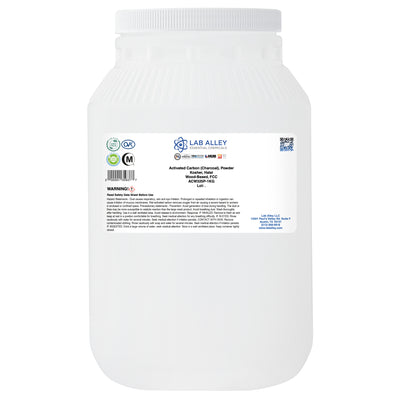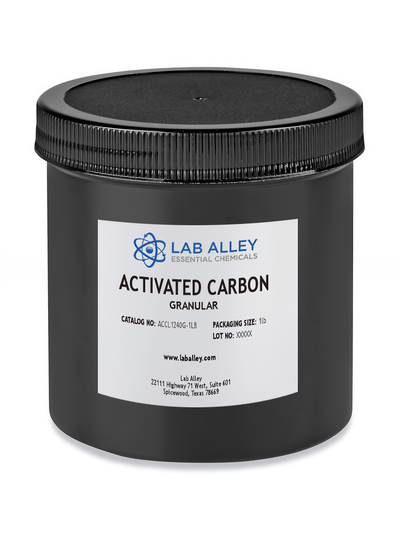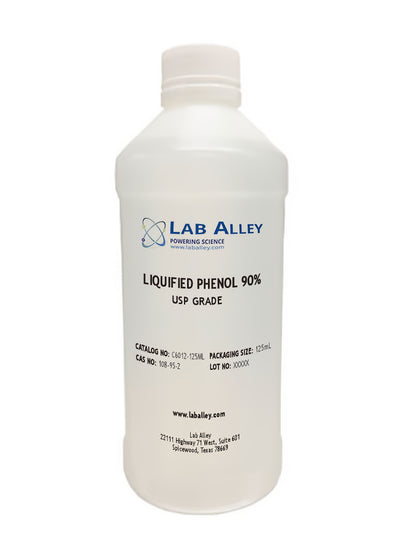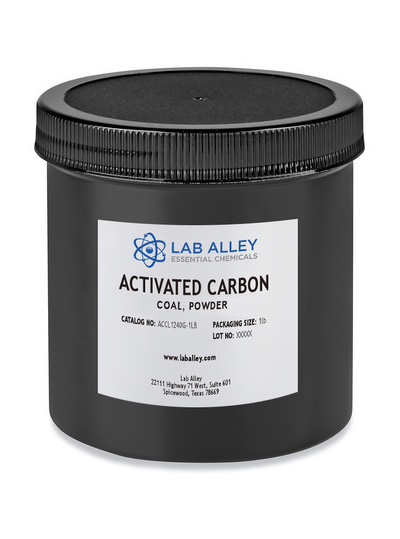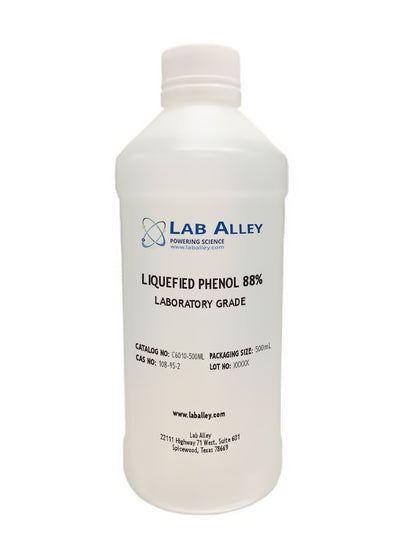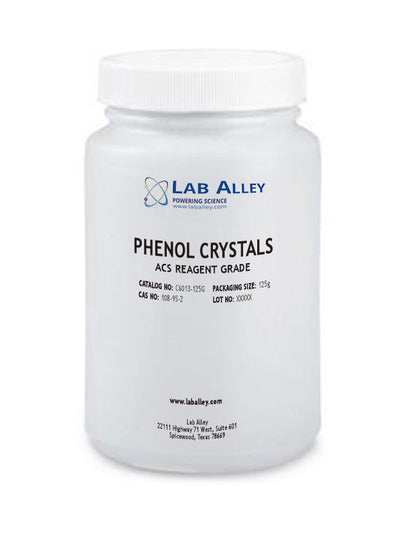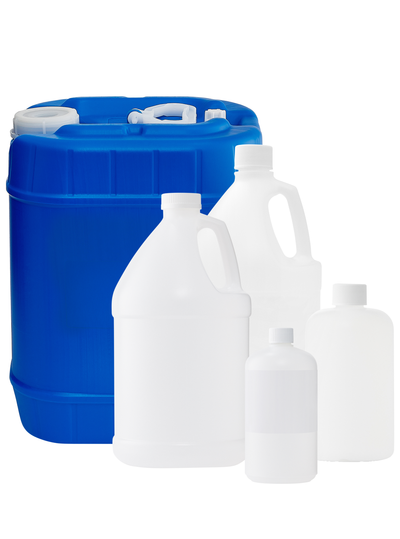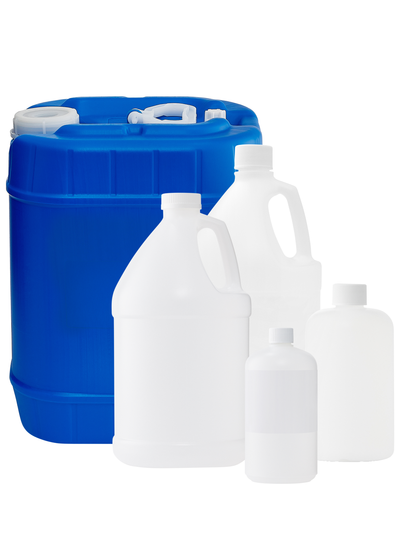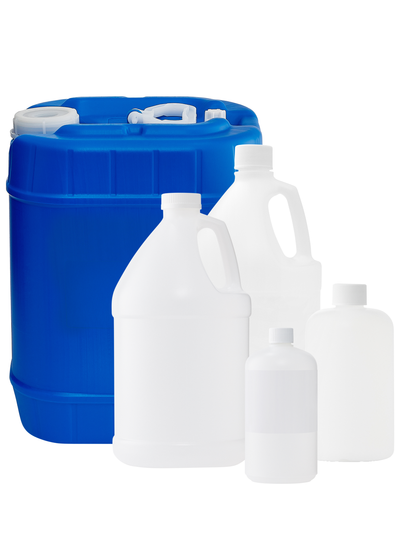
Business Support
Dimethyl Phthalate ≥99% Lab Grade


Business Support
Description
About Dimethyl Phthalate ≥99% Lab Grade
Dimethyl phthalate, often abbreviated as DMP, is a chemical compound with the molecular formula C10H10O4. It is an organic ester that is derived from phthalic acid and methanol. The "Lab Grade" designation suggests that the Lab Alley Dimethyl Phthalate is a high-purity grade intended for use in laboratory or research settings.
COMMON USES AND APPLICATIONS
- Cosmetics and Fragrances: In cosmetics and fragrances, DMP can be used as a fixative to help stabilize scents and perfumes.
- Pharmaceuticals: In some pharmaceutical formulations, dimethyl phthalate may be used as an excipient or an ingredient in drug delivery systems.
- Solvent: DMP can be used as a solvent in chemical processes and in the formulation of various products, such as adhesives, coatings, and perfumes. It can dissolve a wide range of organic compounds.
- Laboratory Research: In laboratory settings, dimethyl phthalate (usually in high-purity grades like the 99% lab grade you mentioned) may be used as a reagent in chemical reactions or as a reference material for analytical techniques, such as gas chromatography or mass spectrometry. It can serve as a source of carbon and oxygen in organic synthesis.
- Plasticizer: Dimethyl phthalate is commonly used as a plasticizer in the production of plastics and resins. It helps increase the flexibility and durability of plastics, making them more suitable for various applications, including the manufacturing of PVC products, coatings, and films.
- Repellent: DMP has been used as a component in insect repellents and as a plasticizer in materials like flypaper.
- Chemical Intermediate: It can be used in the synthesis of various organic compounds, including phthalate esters and phthalimide derivatives.
- Textile Industry: In the textile industry, dimethyl phthalate can be used as a finisher for fabrics to impart water and wrinkle resistance.
INDUSTRIES
- Personal Care & Cosmetics
- Research & Development
- Pharmaceuticals
- Plastic Industry
- Textile Industry
PRODUCT INFORMATION
Customer Reviews and Q&A
Safety and Shipping
Acute (short-term) exposure to dimethyl phthalate, via inhalation in humans and animals, results in irritation of the eyes, nose, and throat. Animal studies have reported slight effects on growth and on the kidney from chronic oral exposure to the chemical. Read more here. Diethyl phthalate is not known to cause cancer in humans or animals.
The major hazards encountered in the use and handling of dimethylphthalate stem from its toxicologic properties. Toxic by all routes (ie, inhalation, ingestion, dermal contact), exposure to this colorless, oily liquid (or pale-yellow crystals at temperatures below 42 °F) may occur from its use as a plasticizer or solvent. Effects from exposure may include contact burns to the skin and eyes, confusion, ataxia, clonic jerking, coma, seizures, and possibly death. Read more here.
Business Support
Built for Business.
At Lab Alley, we simplify procurement with custom quotes, credit applications, tax exemptions, and fulfillment support, ensuring on-budget, on-time delivery - your success is our priority.
Apply for Credit
A Lab Alley credit account streamlines purchasing for your business. Our Customer Success Team is available to help you through every step of the process.
Request a Custom Quote
Get a fast, customized quote tailored to your specific needs. Our team ensures accurate pricing and availability to help streamline your purchasing process.

Additional Business Resources
Lab Alley provides access to essential certifications, documents, and other resources to support your business.
Product Manuals
Certificates of Analysis

Create a Lab Alley Account

RECEIVE exclusive offers, promotions, and discounts on chemicals.

Always have the product you need, when you need it with our AUTOSHIP program.









